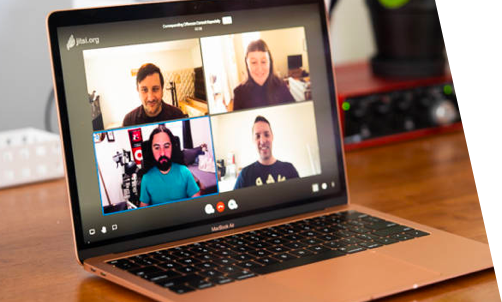Performance Management Conversations
The performance of your people is essential to your success. How well do they perform? Do they know what you expect from them? How do I have more meaningful performance conversations? This programme will give you the practical tools to help you get more from your people.
Focus Areas:
- Setting clear and relevant performance goals
- Managing the performance appraisal cycle
- Managing different behavioural styles
- Coaching conversations
- Handling Difficult Conversations
